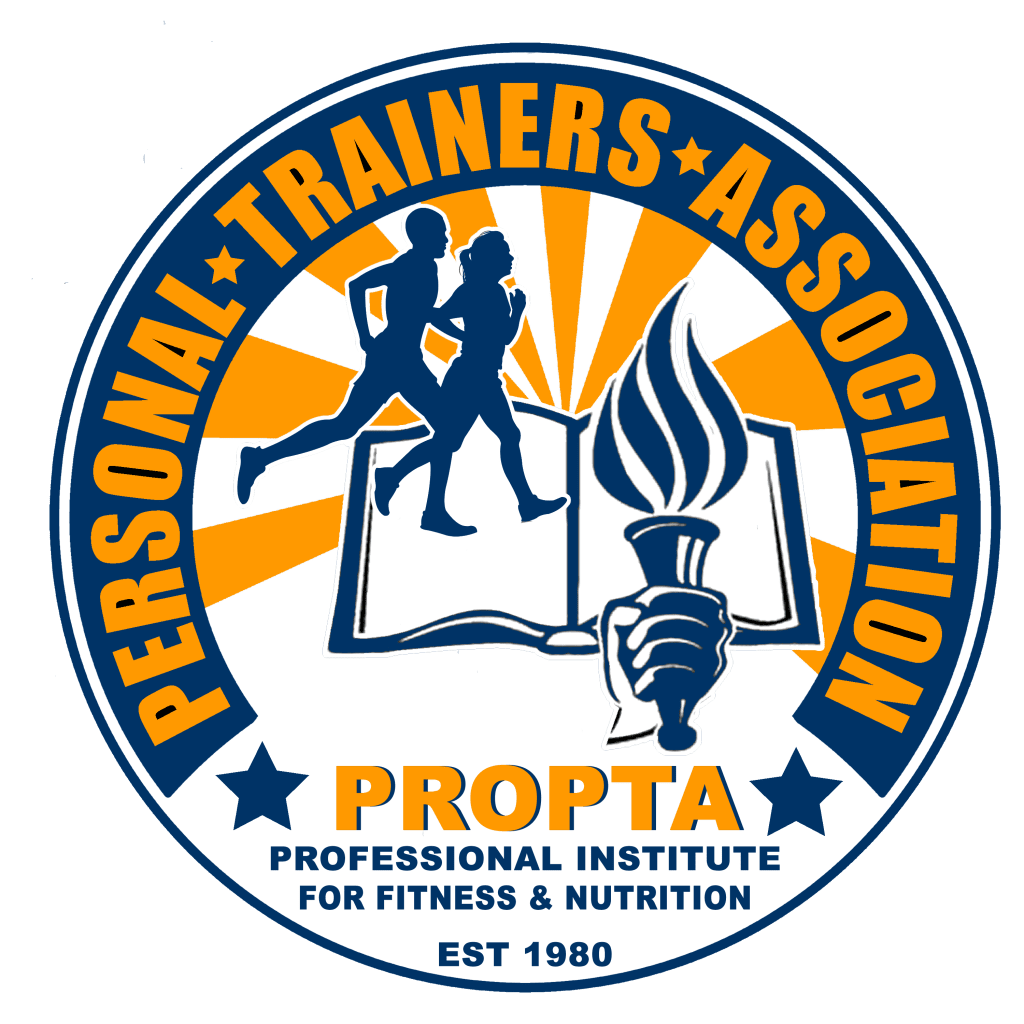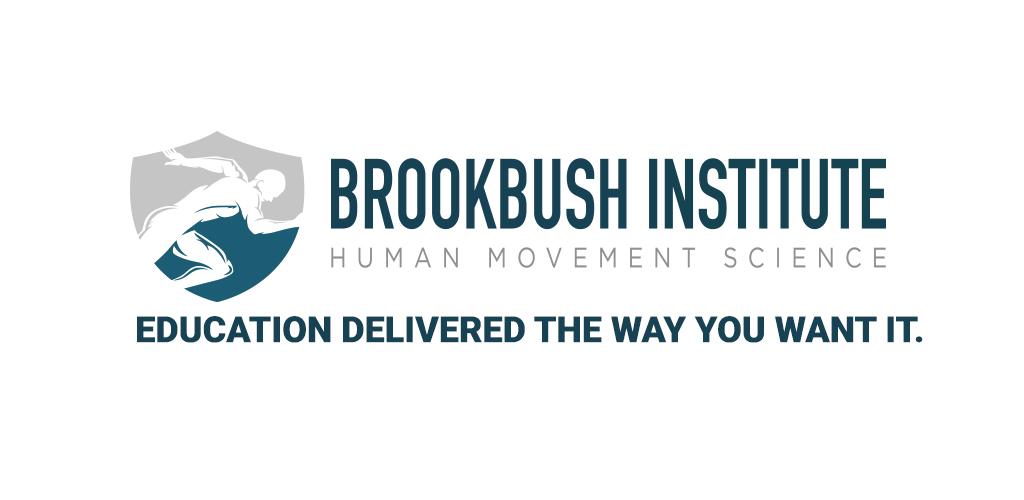The fitness industry operates on principles fundamentally different from other fields such as medicine, nursing, automotive repair, respiratory therapy, counseling, emergency response, or crane operation—professions for which the NCCA provides exam oversight. While these fields focus on specific, often technical or illness-related skills, personal training requires a multifaceted understanding of physical, physiological, and psychological elements that cannot be effectively measured through a multiple-choice exam alone.
Being a personal trainer means addressing the physical (sports training, metabolism, stamina, and strength), the physiological (nutrition, digestion, allergies, energy management, sleep, healing, calorie intake, ethnicity, and more), and the psychological (mood, dedication, goals, habits, commitment, and motivation). This holistic approach demands more than just passing a written test; it requires hands-on experience, real-world application, and a deep understanding of biomechanics and individual differences.
The NCCA’s role is limited to accrediting exams—it does not accredit courses or provide oversight of the hands-on, practical aspects of training that are essential to quality education in this field. This creates a significant gap in the certification process. While the NCCA claims to review courses to ensure they meet the qualifications for students to sit for an exam, it does not incorporate critical elements like practical training, biomechanics, or personalized instruction into its accreditation process. The exams are often proctored by third-party organizations that may lack the necessary expertise in biomechanics or practical instruction.
Adding to this, the NCCA prohibits instructors who teach the course from administering the exam or conducting hands-on practical evaluations. This separation undermines the quality of education and fails to ensure that personal trainers are adequately prepared for real-world challenges. Learning proper biomechanics, understanding physical and physiological responses, and applying practical knowledge cannot be achieved through videos, textbooks, or distant oversight alone. These skills require in-person evaluation and guidance, something the NCCA accreditation process neglects.
It is clear that the NCCA falls short of the qualifications needed to accredit personal trainer certification exams effectively. The organization’s lack of emphasis on hands-on training and practical application makes it unsuitable for setting standards in the fitness industry. To clarify, the NCCA does not accredit courses—it only accredits the exams associated with those courses, claiming that the course content qualifies students to take the exam. This is both irresponsible and incomplete, leaving a gap in the industry that fails to uphold the quality and depth of education personal trainers need to excel.








